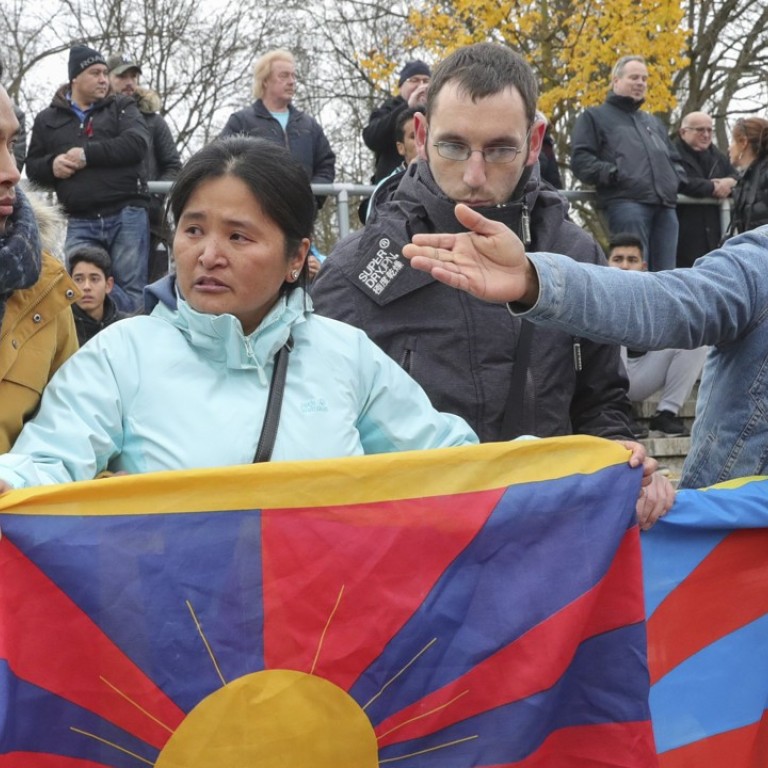
China under-20 football team’s German tour halted after Tibet protests
German Football Association to hold talks with Chinese counterparts in bid to relaunch project after further protests were planned
The China under-20 team’s controversial tour of Germany has been suspended at least until the winter break following a row over the display of Tibetan flags, the German Football Association (DFB) has announced.
“We believe this adjournment is essential to give us the time needed to discuss the situation calmly and openly and find a reasonable solution,” said DFB vice-president Ronny Zimmermann.
“The two federations [German and Chinese] will try to work out a way of relaunching the project again quickly.”
The DFB confirmed the Chinese under-20 side will not play the three matches that had been planned before the end of the year.
Last Saturday, the side played the first of 16 scheduled friendly matches against German lower-league sides, facing TSV Schott Mainz.
They lost 3-0 in front of a 400-strong crowd plus five camera teams and 25 reporters. However, the game was at one point halted for 25 minutes as the Chinese refused to continue after a group of six spectators hung out Tibetan flags.
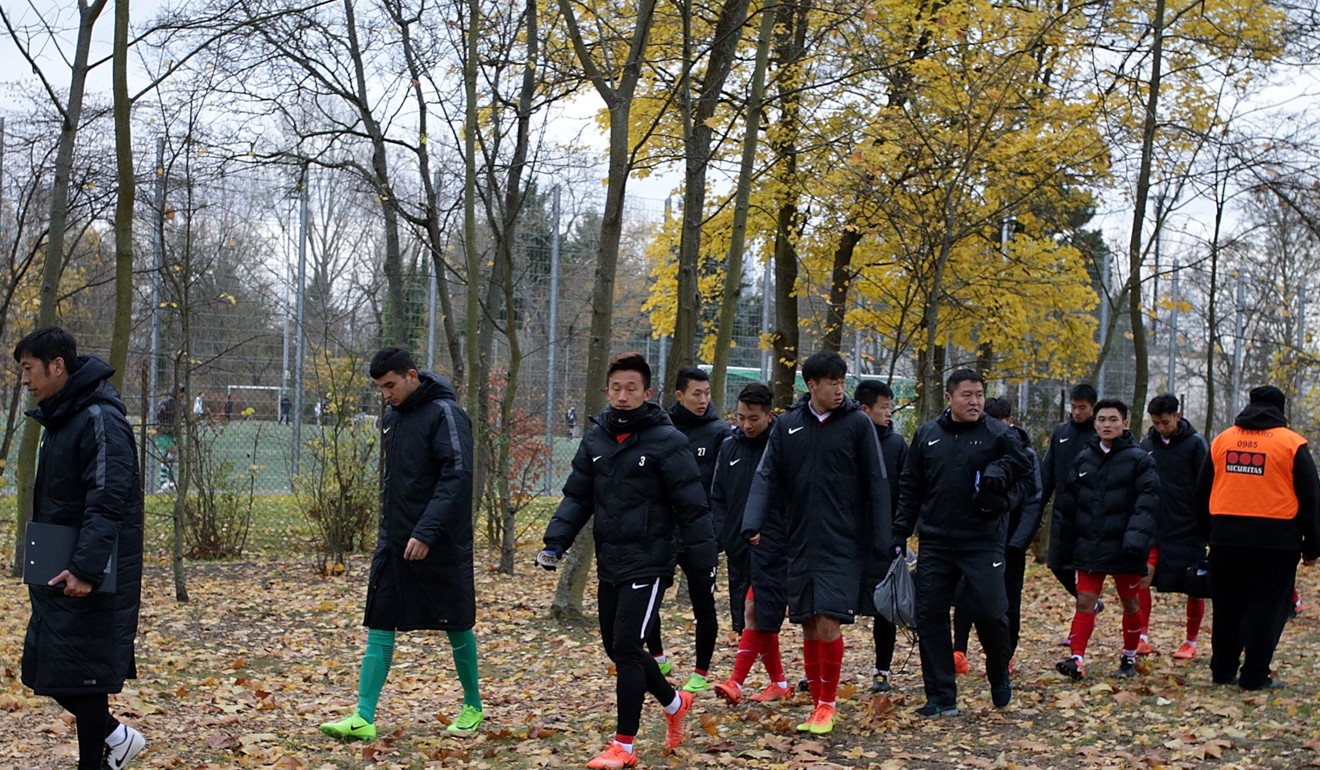
With the match being televised live in China, the juniors only agreed to continue after the protesters from “Tibet-Initiative Germany” – four Tibetan refugees and two Germans – took down the flags.
They were due to play a second match this Saturday against fourth-tier opponents in Frankfurt, but a new pro-Tibet protest had been planned for inside the stadium.
The German soccer federation said in a statement that it had “substantial evidence of further escalation” against the team.
“I know that our fans have registered a banner pointing out freedom of expression in Germany and they also want to hang up a Tibetan flag,” FSV Frankfurt’s president Michael Goerner told local television.
The club’s position on the issue is clear.
“We do not deviate an inch from the basic rights of our democracy, which includes the freedom of expression,” Goerner said in an interview with two Stuttgart-based papers.
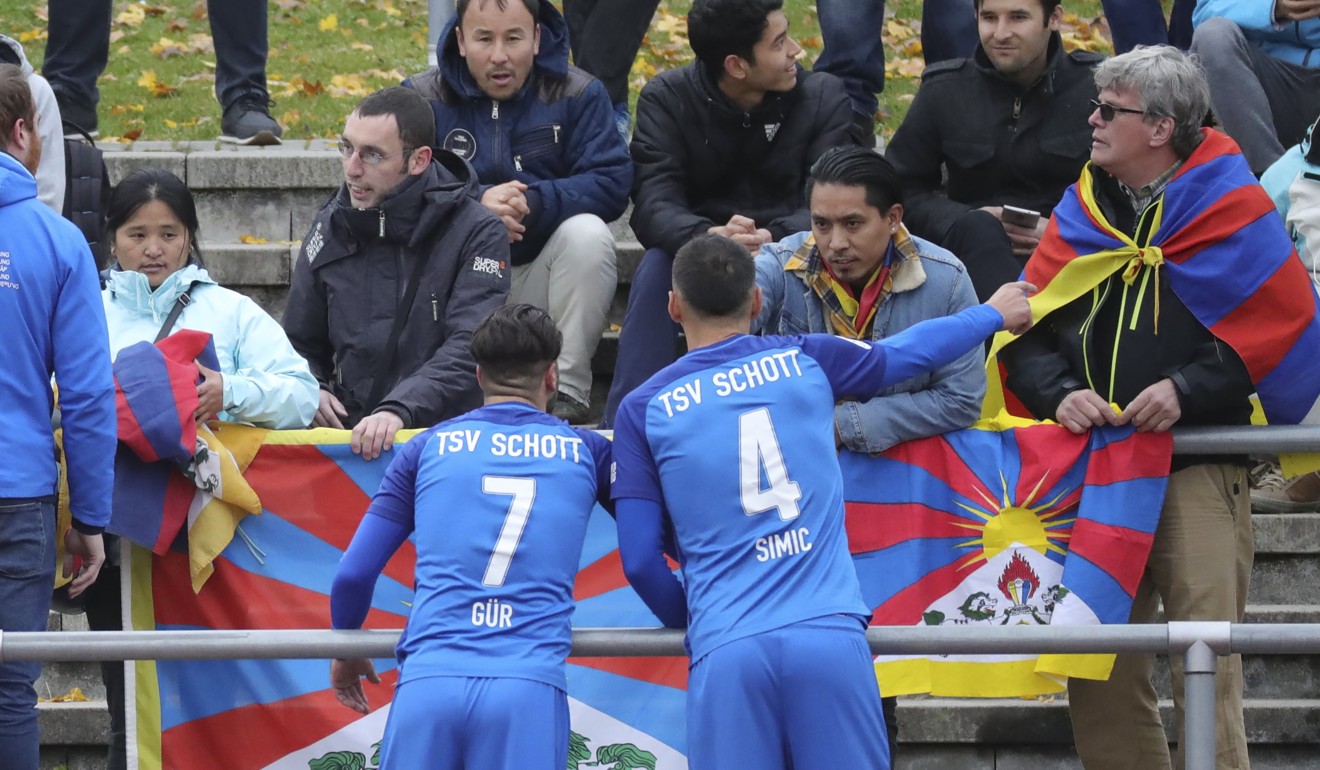
The Chinese authorities complained about the incidents and called for the Germans to show “mutual respect”.
Foreign ministry spokesman Lu Kang said on Monday that China’s government was “firmly opposed to any country or any individual offering support to separatist, anti-China and terrorist activities or activities defending Tibet independence, in any form or under any pretext”.
But DFB president Reinhard Grindel defended the protesters.
“Freedom of expression is also acceptable inside football grounds and stadiums,” Grindel said.
“It has been made clear to the Chinese federation that when you play in Germany you also have to deal with the fact that anyone can express their opinion.”
Grindel did not directly address Lu’s comments, but said he would “be happy if the Chinese soccer federation concentrated on the chance for its under-20s to play friendly games at a good level”.
The Chinese team’s tour is part of an experiment, which runs until May, aimed at advancing the Asian superpower’s chances at the 2020 Olympics in Tokyo, but which has courted controversy.
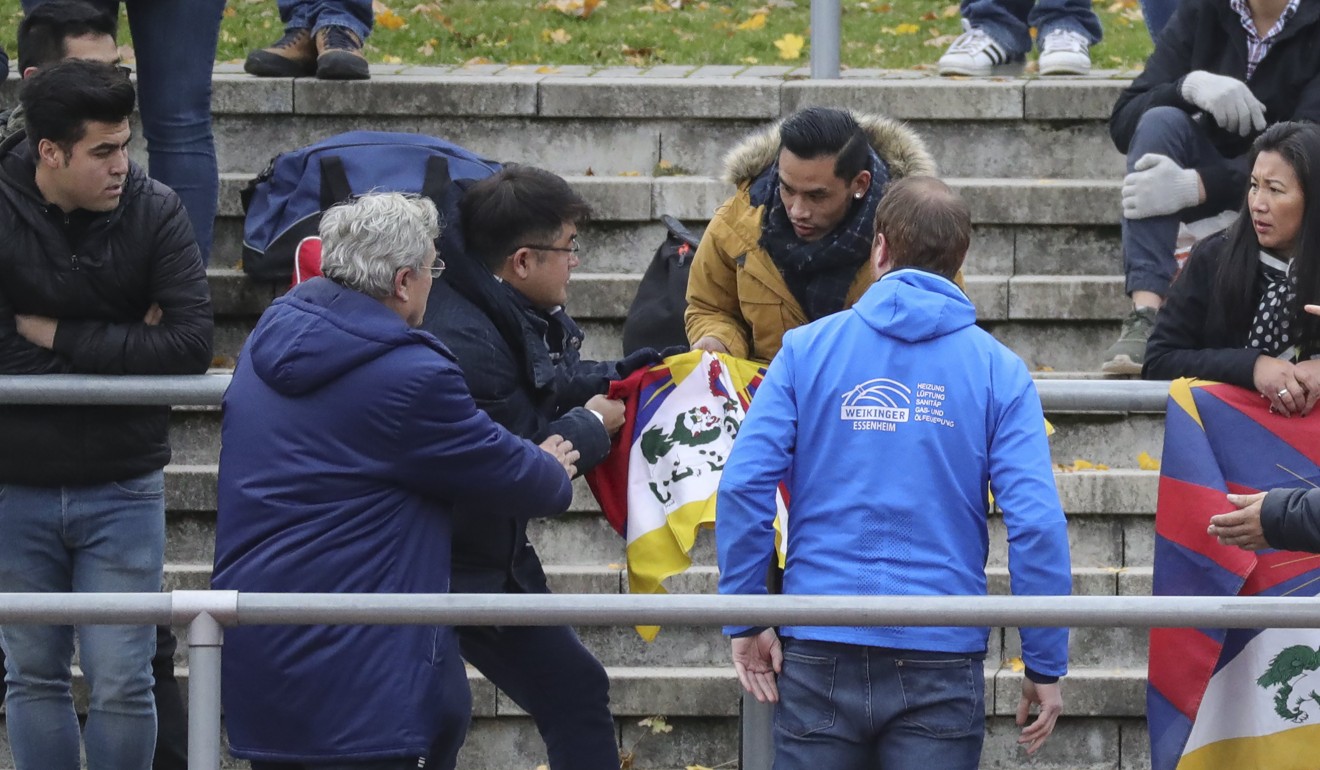
China has ruled Tibet since the 1950s, and has been accused of trying to eradicate its Buddhist-based culture through political and religious repression.
It sent troops to occupy the Himalayan territory following the 1949 communist revolution and contends that the region has been part of Chinese territory for centuries.
Many Tibetans claim a long history of independence under a series of Buddhist leaders. China established the Tibetan autonomous region in 1965.
Beijing insists that Tibetans enjoy extensive freedoms and that it has brought economic growth to the region.
“We sincerely regret having to postpone the series, especially considering what these games would have meant for the sporting development of the Chinese under-20 team and also the possible development of the southwest division,” Zimmermann said.
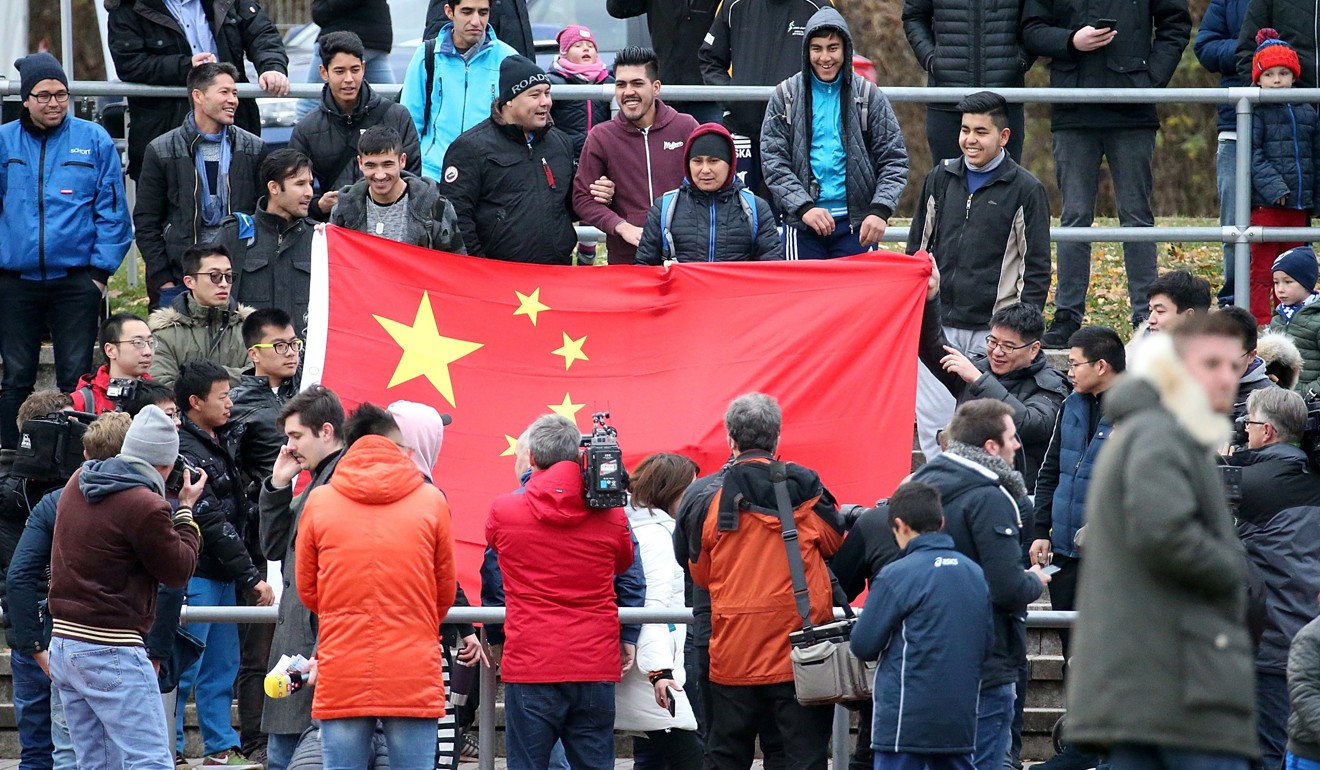

.png?itok=arIb17P0)
